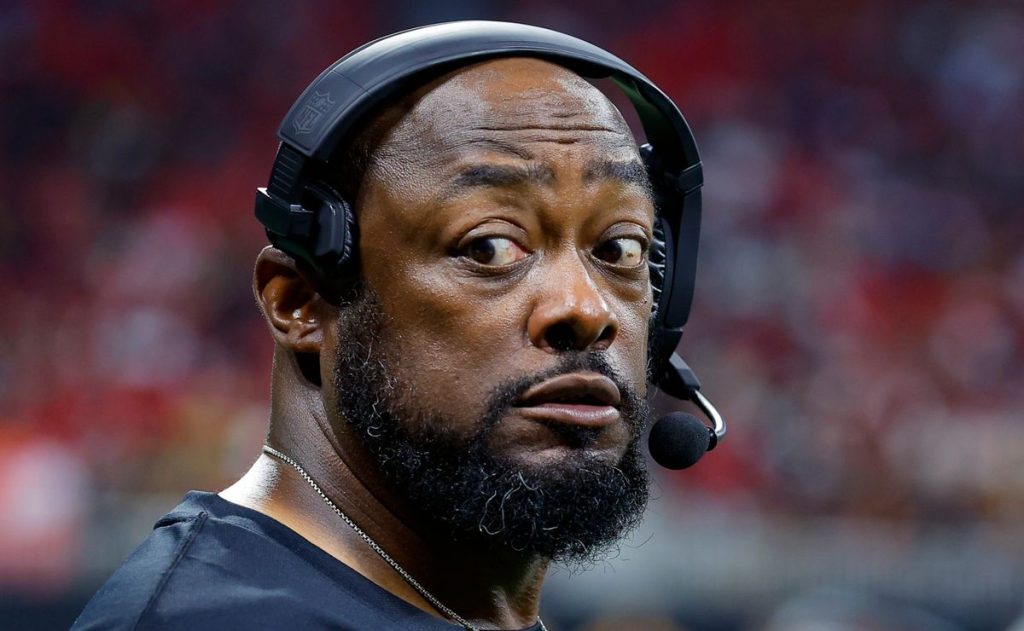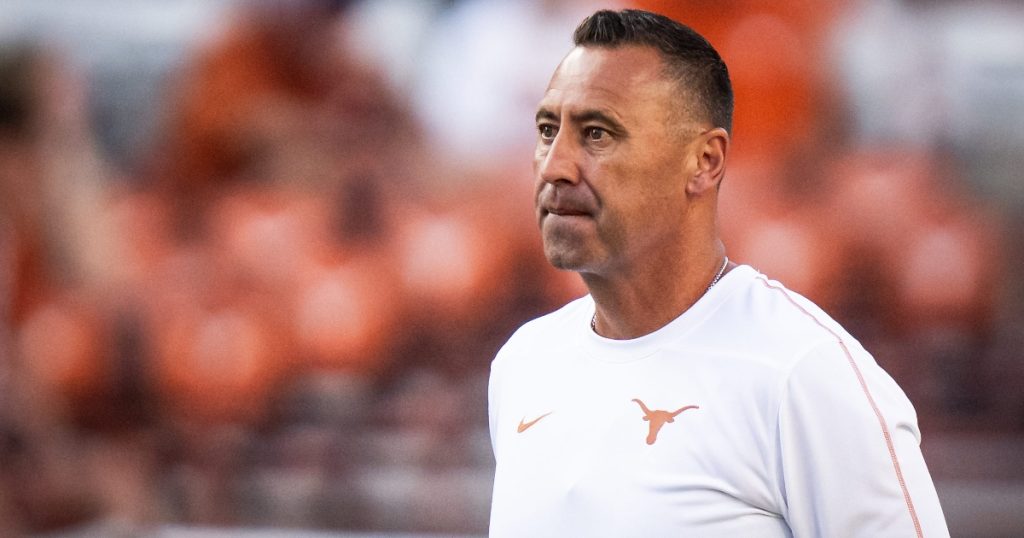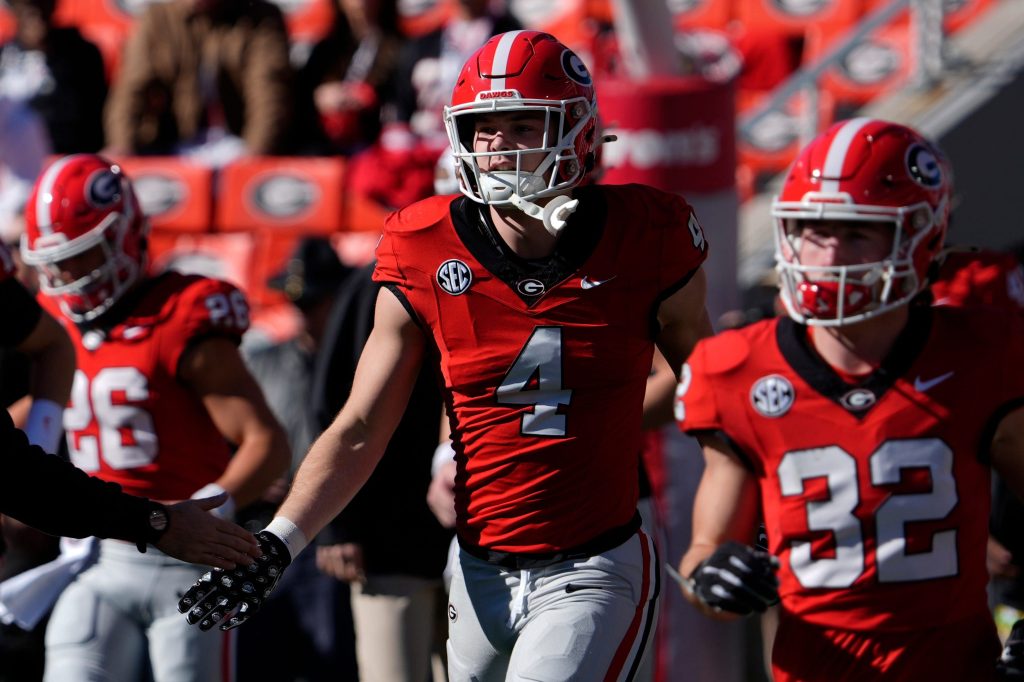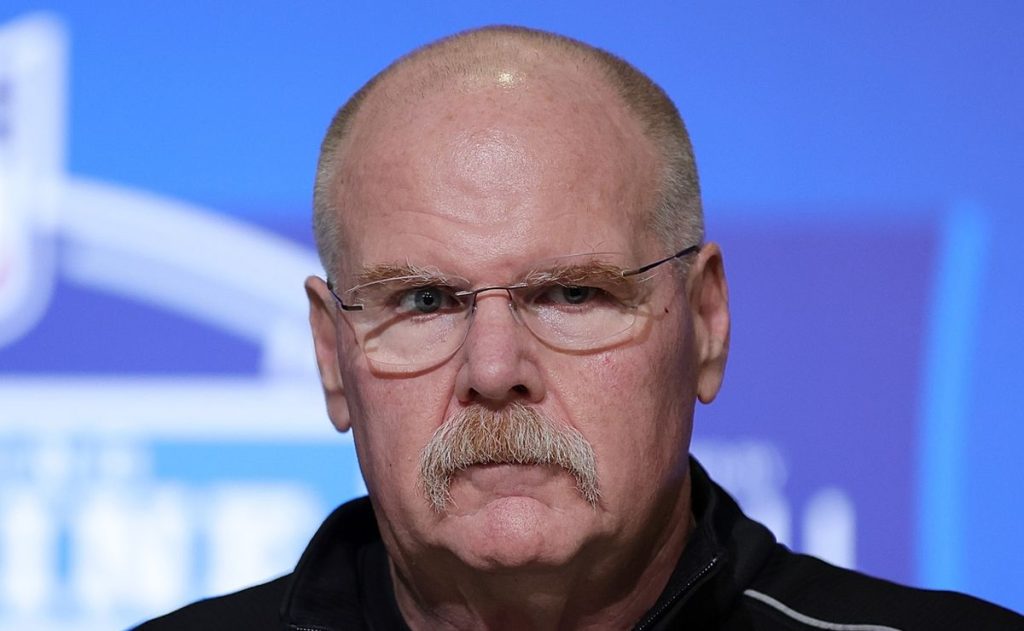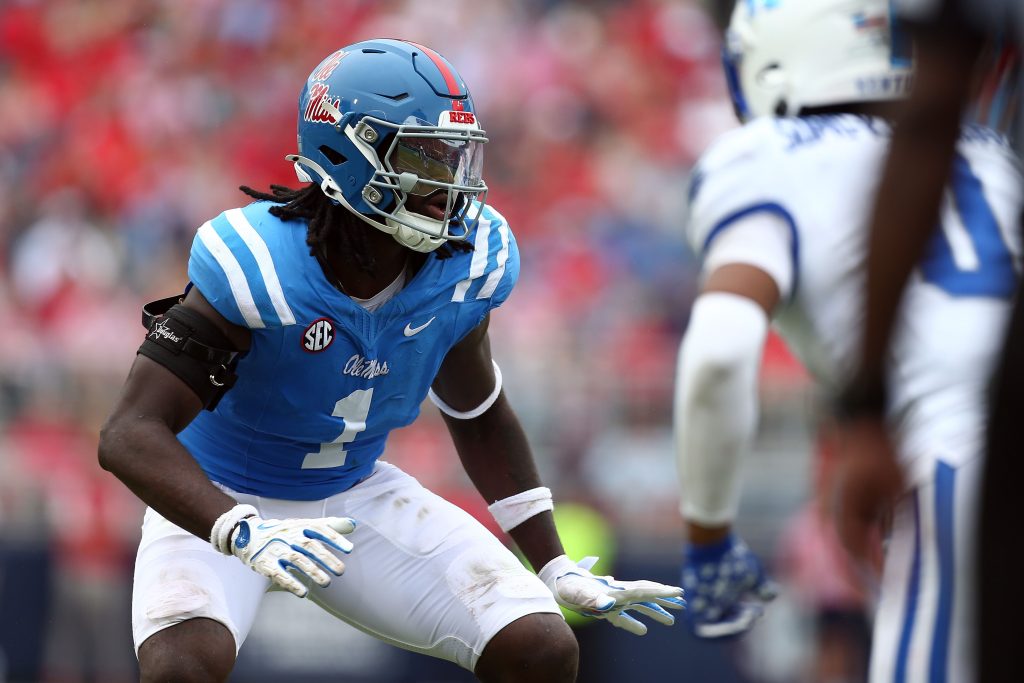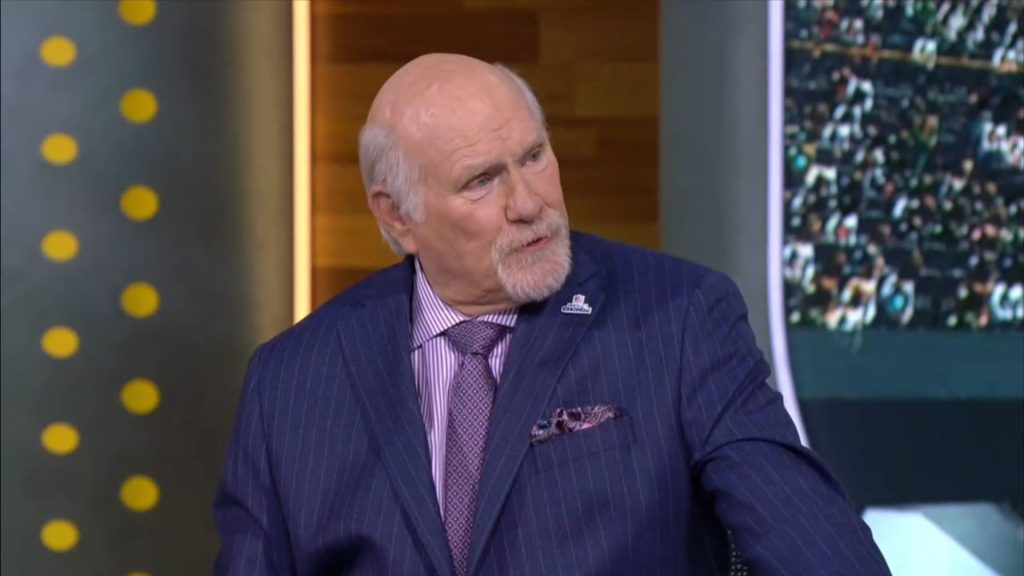North Carolina has taken a bold step into the evolving landscape of college football, and at the forefront of this transformation is general manager Michael Lombardi. With the recent appointment of head coach Bill Belichick, Lombardi is not just focused on building a competitive team; he’s also embracing the “professional” side of college football, particularly when it comes to name, image, and likeness (NIL) opportunities.
Embracing the Professional Approach
Lombardi is making it clear that the Tar Heels are operating in a professional environment. He encourages players to come forward and advocate for themselves when it comes to NIL deals. “I tell every kid that comes into my office looking for a NIL deal, ‘Don’t be shy, come in here, this is professional football,’” Lombardi shared during a recent appearance on The Pat McAfee Show. This open-door policy signals a shift in how college athletes can leverage their talents for financial gain.
Encouraging Self-Advocacy
In Lombardi’s view, it’s crucial for players to stand up for themselves. He emphasizes that nobody is going to pay for speculation; instead, compensation is tied to performance. “If you have an ability to play well as a freshman, you will gradually work your way up the salary structure within a college framework,” he explained. However, he cautions that if players haven’t proven themselves, they shouldn’t expect to walk in and demand money. “Everything is based on performance, and at North Carolina, it’s based on performance and you earn it,” Lombardi stated. This philosophy applies to all players, whether they are walk-ons or scholarship athletes.
Transparency in College Football
The conversation around NIL and college football is not just limited to North Carolina. Prominent sports agent Drew Rosenhaus, who has negotiated over $7 billion in NFL contracts, is now diving into the collegiate scene. He recognizes the potential of NIL and the need for a structured approach. “Absolutely. In any system we need structure. Every other professional league has rules,” Rosenhaus pointed out.
He highlighted the chaos in college football, noting the absence of regulations that are commonplace in professional leagues, such as salary caps and trade deadlines. “Let’s have transparency, let’s know what guys are being paid, what the schools are working with,” he concluded, advocating for a system that benefits both players and colleges.
Building a Culture of Honesty
Lombardi is committed to establishing a culture of honesty and transparency within the Tar Heels program. “I can’t lie to any of these kids. I might not tell them what they want to hear, but I’m going to tell them the truth based on what I’ve seen,” he asserted. This approach not only fosters trust but also prepares players for the realities of professional sports.
He believes that honesty is essential, especially in an environment where young athletes are impressionable. By encouraging them to speak up and advocate for themselves, Lombardi is not just preparing them for college football but for life beyond the field.
Maximizing NIL Opportunities
As general manager, Lombardi is laying down the law about how UNC football players can maximize their NIL opportunities. He emphasizes the importance of having a solid body of work to promote before seeking financial rewards. “I think it’s really important for me to convince the kids they have to stand up for themselves, and they’ve got to speak for themselves,” he stated.
This proactive approach is vital in a competitive landscape where athletes are vying for attention and sponsorships. Lombardi’s philosophy is clear: performance is key, and players must earn their place in the spotlight.
The Future of College Football
The landscape of college football is changing rapidly, and with it comes new challenges and opportunities. As NIL continues to grow, the need for regulation and structure becomes increasingly apparent. Rosenhaus’s call for transparency and legitimate contracts is echoed by many in the industry who recognize that the current system is chaotic and needs reform.
The future of college football hinges on how well programs like North Carolina adapt to these changes. With leaders like Lombardi and Belichick at the helm, the Tar Heels are positioning themselves to not only compete on the field but also thrive in the ever-evolving world of college athletics.
In this new era, it’s not just about winning games; it’s about empowering young athletes to take control of their careers and make the most of the opportunities available to them. With the right guidance and a commitment to performance, the sky is the limit for the Tar Heels and their players.


















